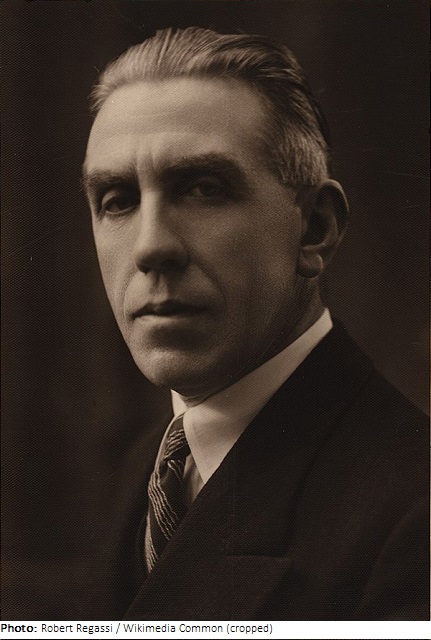
| Roles | Referee |
|---|---|
| Sex | Male |
| Full name | Riccardo•Zandonai |
| Used name | Riccardo•Zandonai |
| Born | 30 May 1883 in Borgo Sacco, Rovereto, Trento (ITA) |
| Died | 5 June 1944 (aged 61 years 6 days) in Pesaro, Pesaro e Urbino (ITA) |
| NOC |  Italy Italy |
Riccardo Zandonai was a composer and conductor. He began his studies at the musical school of his home-town Rovereto and, from 1898-1901, was with the well-known composer Pietro Mascagni (1863-1945) at the conservatory in the city of Pesaro. Zandonai moved to Milano where he became an opera composer and wrote Il grillo del focolare (The Cricket on the Hearth) from a tale by Charles Dickens in 1908. Other works included Conchita (1911), Francesca da Rimini (1914), from a text of Gabriele D’Annunzio, and probably his best known work, Giulietta e Romeo (1922), a burning and passionate interpretation of the classic Shakespeare drama. He also wrote I cavalieri di Ekebù (The Cavaliers of Ekeby, 1925), from a work by Selma Lagerlöf.
In addition to the theatre, Zandonai composed some lesser known symphonic compositions, but all with a high artistic value. He was a great connoisseur of the symphony orchestra, and composed symphonic poems like Primavera in val di Sole and Quadri di Segantini but also a Messa da Requiem for choir. In 1940 he was appointed director of the Rossini Conservatoire in Pesaro and remained there until the end of his life.
During World War I, Zandonai participated in the political agitation for the return of former Italian provinces like Trentino and Trieste. He died in the hospital of the village of Trebbiantico from complications of gallstone surgery.
| Games | Sport (Discipline) / Event | NOC / Team | Phase | Unit | Role | As | |
|---|---|---|---|---|---|---|---|
| 1924 Summer Olympics | Art Competitions |  ITA ITA |
Riccardo Zandonai | ||||
| Music, Open (Olympic) | Final Standings | Judge |